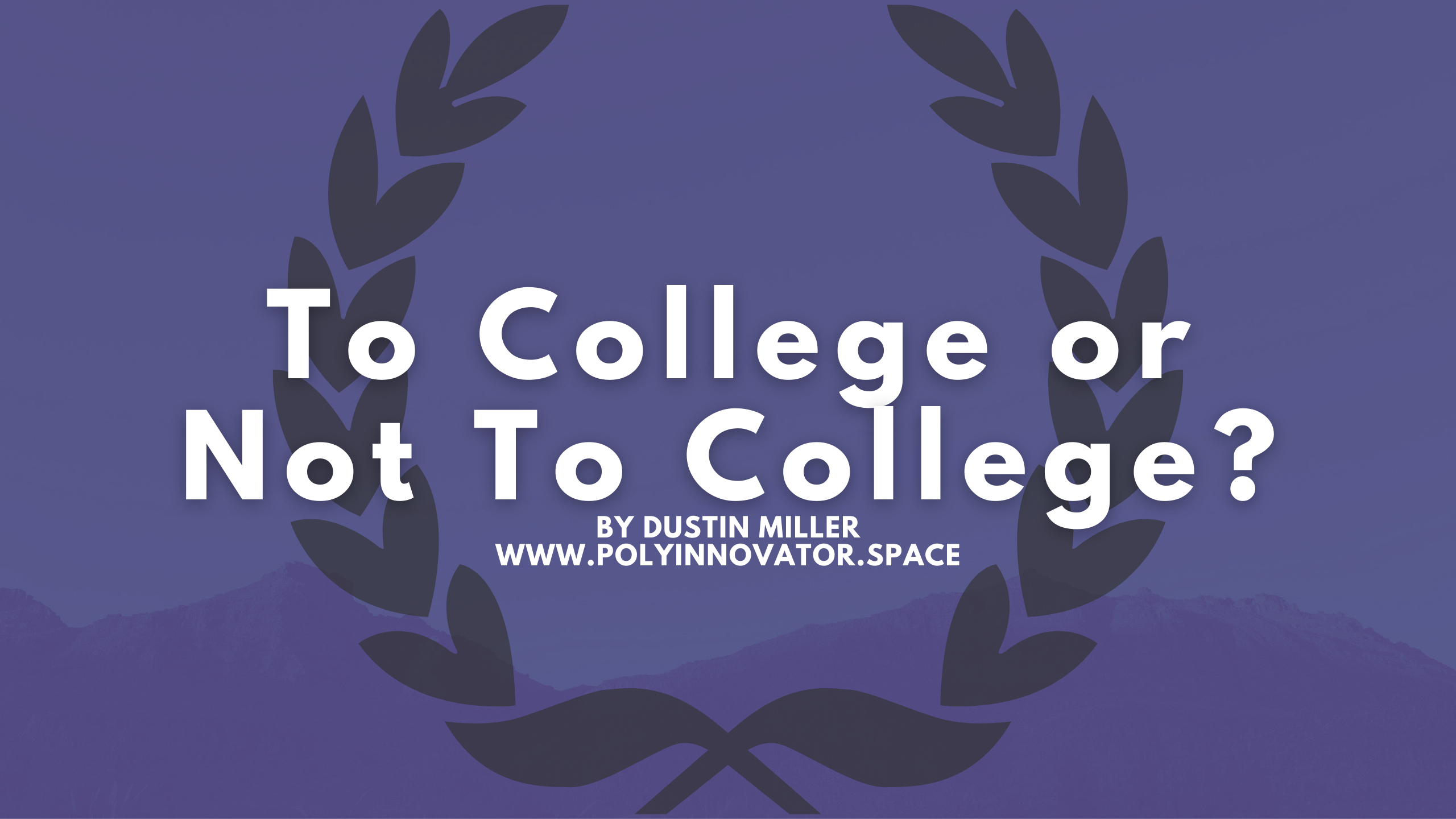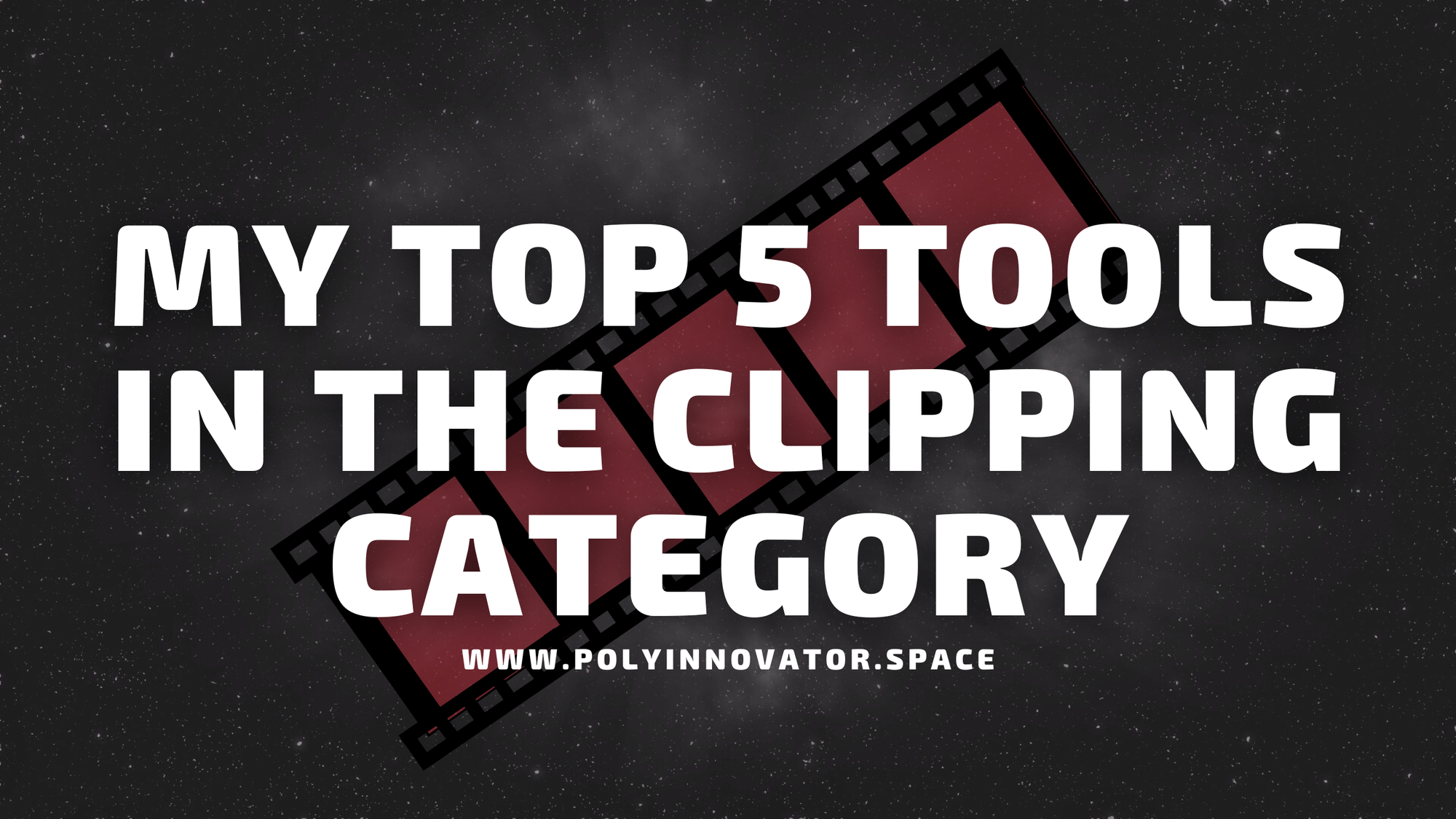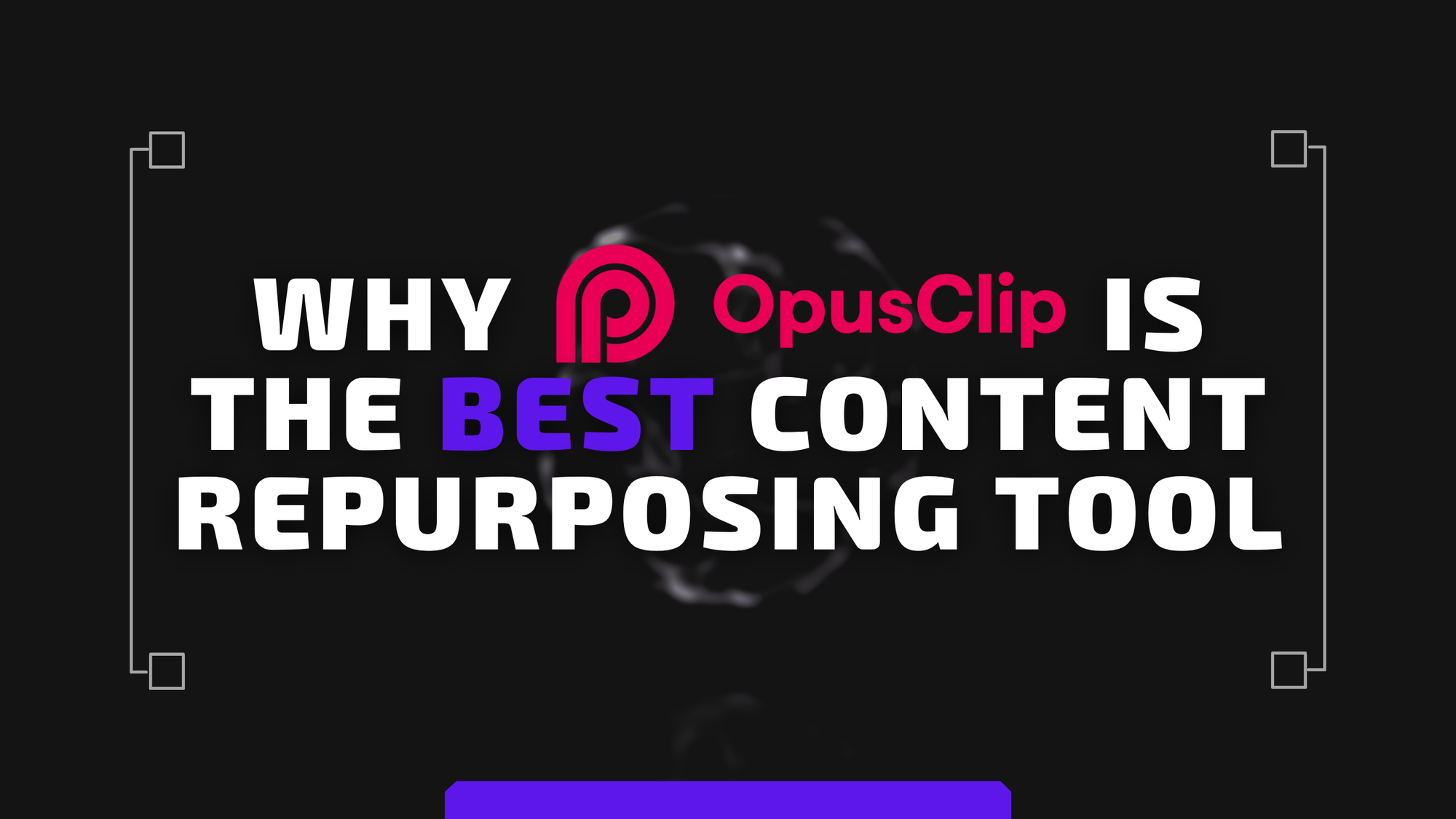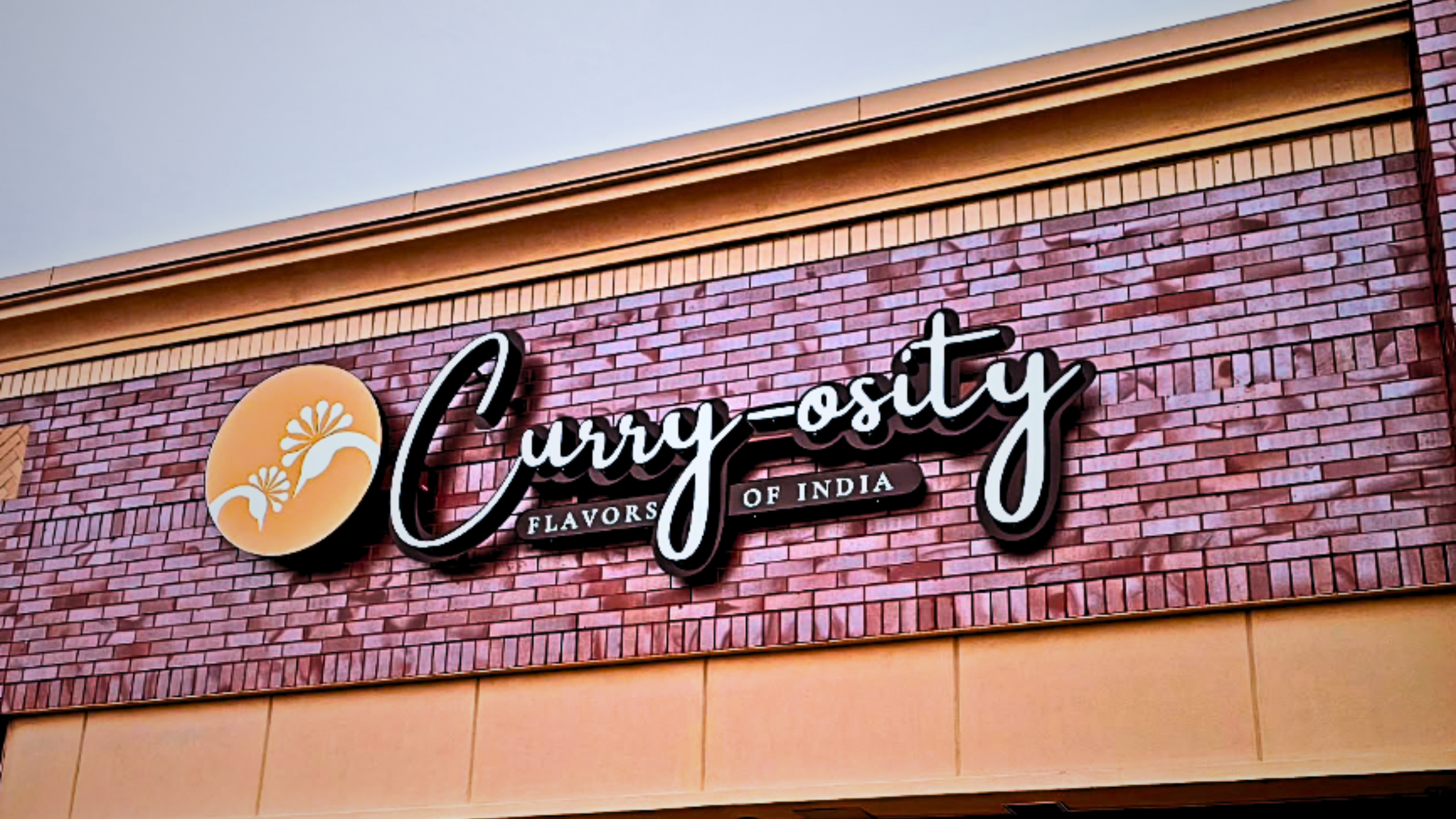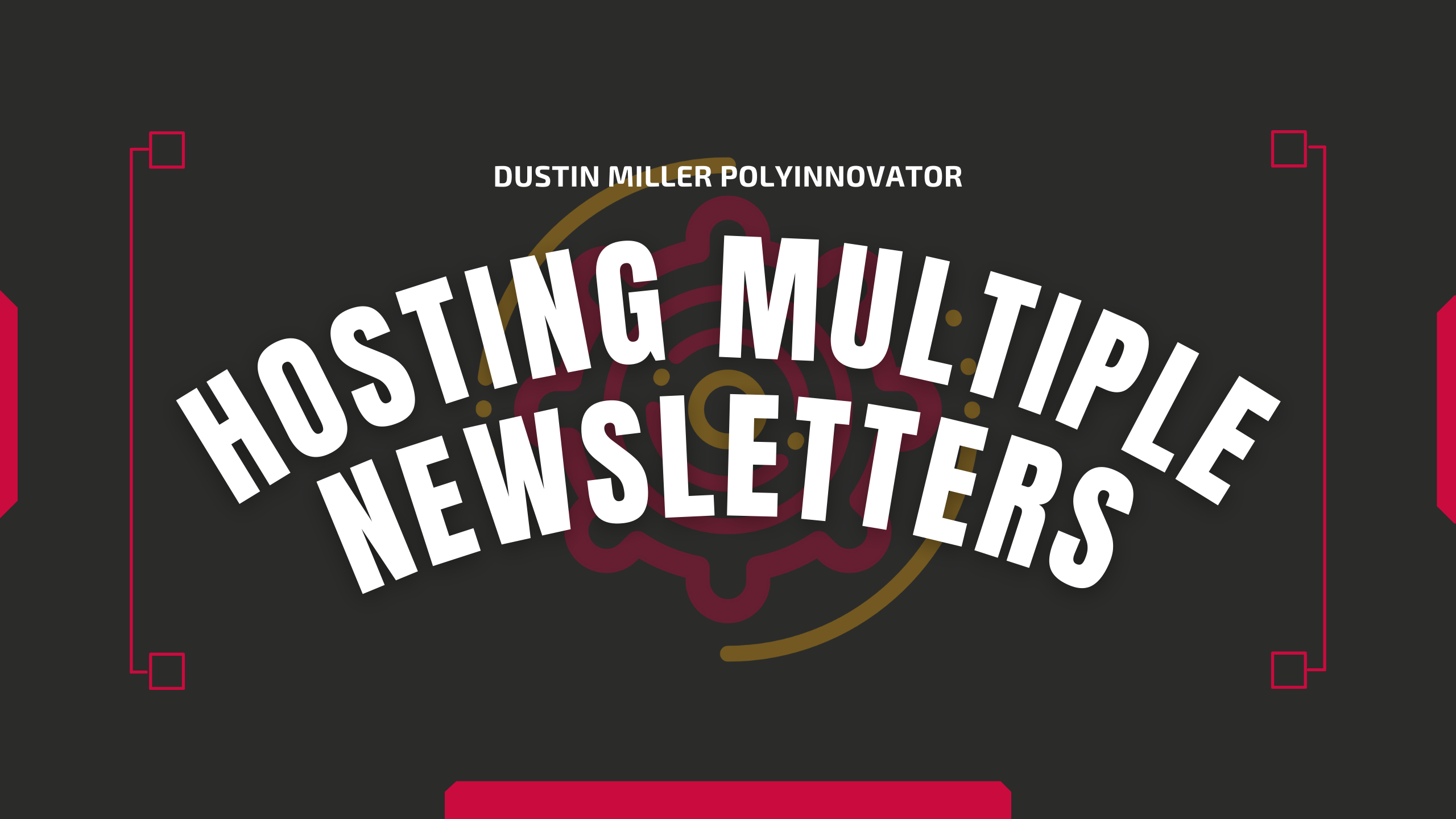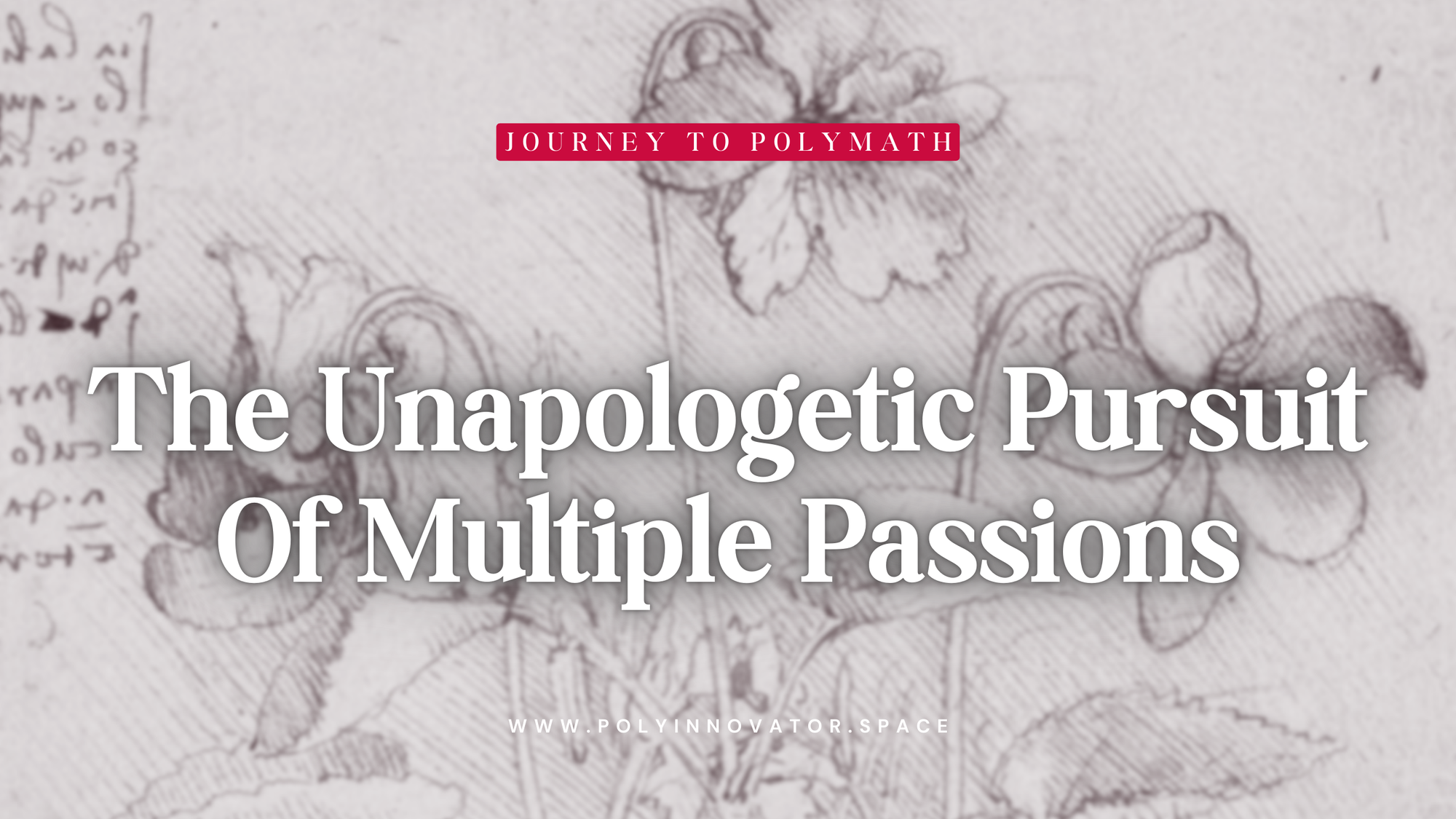Quite the Shakespearean reference there CrashCourse I love it. I found this video to be quite well made just like the others on the channel, and I highly recommend you watch their various series.
It seems that most people I come across all know about CC, but if there is a chance YOU don't, then that is why I made this post. As sort of a love letter to CC, even though I disagree in some of the points in this video, and as an introduction to their channel for you.
This video breaks down what college really is, and how it is meant to impact you. A really nice taken route, that helps define certain aspects of the higher education experience.
Note: You really do have to watch the video to get the most out of this blog post!
What is Next for You in life?
Let's start off with this situation, you're about 18 years old, and fresh out of high school. Then what is next for you on your journey of life?
Most people are conditioned by society to advise you to go into college right away. The sooner you get in, then the sooner you can get out to get into the society.
The best advice is to follow YOUR gut, your own intuition will tell you way more than others. Not everyone is used to listening to it, so meditate if you have to. In any case trust in what you think about your own life.
The benefit of a Gap Year
Personally I couldn't ever afford a backpacking trip throughout Europe or anything. However I would have loved to spend the year or two after high school traveling and exploring.
Even if you are not going out of the country, or on trips at all, there is a point to be made about gap years. They give you a chance to breath, and I mean you were in school for about 12 years after all.
In that time you can use it to think about what you really want to do, try a few different jobs, and spend some time reflecting.
What about a Degree?
Now we get to the part where the degree comes into play. Only you can truly say whether or not a degree will help you in your life plan. If you have a job in mind that you feel really benefits from having one, then totally go for it. If you truly want the college experience, then go for it. I am just here to help give you a counter argument so that you can make a balanced decision.

There are a few options too, more than you might think:
- Associates (2 year undergrad)
- Bachelors (4 years undergrad)
- Masters (1-2 years post grad)
- Phd (2-5 years after masters)
- Medical Doctor or Juris Doctor
Here is where it gets interesting, as you don't have to just simply follow the models above!
- Microbachelors or Micromasters from Edx/MIT
- Coursera Specializations
- Udacity Nanodegree
- Bootcamps
- Modular Degree
These alternative options are great ways to get you into the job way quicker than a traditional degree, and while a lot of people of the classic mindset variety will say it is an alternative path; I believe they are more like stepping stones. Let's say you get a coding bootcamp, then down the line you want to get a degree in IT or CompSci. Well you can often transfer credits from like a Nanodegree or take a couple CLEP tests from the knowledge you gained prior, and transfer in credits towards your degree (I'm particularly think of WGU in this case btw).
How is College and Post High School Education different?
Well for one you learn that capitalizing words ^ like in this title is not grammatically correct. However psychology indicates that it helps readers understand what is important about the title, and emphasizes the focal points. Even if it makes English majors cringe!
All that aside it is a place of learning. Perhaps if you don't know what you want to do yet, then don't go to a 4 year school. Find a cheap school around you locally, and take your associates (2 year), and get your general education items out of the way. Personally I found those to be tedious, and was a major factor for me NOT to go. Although that is my personal opinion, and this plan to at least get an associates while you decide your major is a good one.
Gives you a chance to spread out beyond the limited structure of Secondary School.
While I find that Self-Development or Self-Education also do that, there is something about the college atmosphere that triggers a more curious spirit in us.
Professors also lead to a better understanding of a subject, since the environment is more conducive to higher/deeper learning. There is inherently a deeper understanding of subjects of all kinds, and those expertise can help train you better than you would on your own.
Note: This is why I encourage Discussions as a type of learning in the Modular Degree system!
It is the Only place for Hyper-Specialized Fields.
If you have a super specialized field in mind like medicine you have to have a degree, but I want you to think about beyond that. Some engineering, astrophysics, or other hard science related fields also need you to have a degree to even show up at the door. I find it interesting though to note that if you wanted to work in say a nuclear facility they DON'T require a degree, as they found it didn't mean much in their related work. That they have to teach you directly in order to get the right information conveyed. Just something interesting to note.
It is a Gateway out of Poverty for many
College was made in it's current incarnation purely as a means to create specialists for the factory. To churn out people with specific skills, so that they could fit into the mold that was already made in factories like Ford, or other manufacturing.
This made it easier for people to focus on learning one skill that they needed for a job. Allowing practically anyone to be able to learn that skill, and get a decent paying job from that role. Making it viable for impoverished people to climb out of the life they had been in.
A fantastic opportunity really, but the problem is that it really isn't that way anymore. If you go into college/uni then you're bound to be burdened by the debt making you more "poor" than before. Just something to keep in mind.
Why now it would be time to ask yourself...
To College or Not To College?
"The important thing is to view college as a journey, that you're taking after proactive reflection and planning!"
-Erica, Crash Course
Whilst many know that I have strong opinions about the cost, effectiveness, and even value of going to college. Even I have gone through all of these steps, and thought about the value to opportunity cost ratio. I made my decision based off of what I wanted to do in life, and I may still end up going down the line. Here is the real juicy kicker: You don't HAVE to decide NOW.
You have plenty of time in your life, and even if you get an associates now, and then wait a decade. You'll still be in the same spot in college as if you were ten years younger. So just take your time, and make the best decision for you.
![Official Website for Dustin Miller PolyInnovator [LLC]](https://polyinnovator.space/content/images/2025/03/polyinnovator-logo-2024.png)

